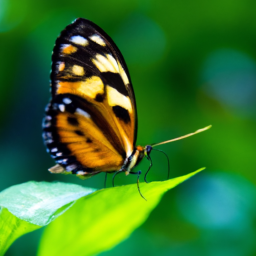
Imagine living in New York City and having the urge to bring home an unusual and unique furry friend. Before you let your imagination run wild, it’s crucial to understand the regulations surrounding exotic pets in the city. From ferrets to sugar gliders, there is a wide range of animals that you may or may not be able to own legally. In this article, we will explore the fascinating world of exotic pets and unveil the answer to the question, “What Exotic Pets Are Legal In New York?” So, if you’ve ever wondered about the possibility of owning an exotic pet in the Big Apple, keep reading to discover the surprising truths about the laws and restrictions in place.
Understanding New York’s Exotic Pet Laws
New York’s exotic pet laws aim to regulate and ensure the welfare of animals considered to be exotic pets. Exotic pets are defined as non-native animals that are not typically domesticated and require special care and handling. These laws are in place to protect both the animals themselves and the general public. It is important for potential owners to understand the legislation and guidelines surrounding exotic pet ownership in New York to ensure they are in compliance with the law.
Definition of Exotic Pets
Exotic pets include a wide range of animals that are not commonly kept as pets. This can include reptiles, birds, small mammals, amphibians, insects, and more. These animals are often native to different regions around the world and have specific care requirements that need to be met in order for them to thrive in captivity. It is important for potential owners to thoroughly research and understand the needs of the specific exotic pet they wish to own to ensure they can provide the proper care and environment.
New York Exotic Pet Legislation Overview
New York has specific laws and regulations in place regarding the ownership of exotic pets. These laws are administered by the New York State Department of Environmental Conservation (DEC) and the New York City Department of Health and Mental Hygiene (DOHMH). It is important for individuals to understand that these laws can vary based on the type of exotic pet they wish to own and their location within New York State. It is essential to consult the official guidelines and seek legal advice if needed to ensure compliance with the law.
Penalties for Illegal Exotic Pet Ownership
Illegal possession of exotic pets in New York can result in serious consequences. Penalties can include fines, seizure of the animal, and even criminal charges. It is crucial for individuals to understand and abide by the specific laws surrounding exotic pet ownership to avoid any legal problems. It is always recommended to research, seek advice, and understand the legal requirements before acquiring an exotic pet.
Legal Reptilian Pets in New York
New York allows the ownership of certain reptile species as pets. These reptiles include non-venomous snakes, most turtle species, and certain types of lizards. However, it is important to note that some species may require a special permit or license to own legally. Potential reptile owners should familiarize themselves with the specific species that are allowed to be kept as pets without a permit or license and ensure they can provide the proper care and accommodations for these reptiles.
Non-Venomous Snakes
Non-venomous snakes are legal to own in New York without a permit or license. This includes popular snake species such as corn snakes, ball pythons, and king snakes. However, it is important to note that venomous snakes are prohibited and cannot be kept as pets under any circumstances. Potential snake owners should research the specific care requirements for the species they are interested in and ensure they have the necessary knowledge and resources to provide a suitable habitat for their pet snake.
Most Turtle Species
Most turtle species are legal to own in New York without a permit or license. However, there are exceptions and restrictions for certain species, such as box turtles and diamondback terrapins, which may require a special permit. It is important to research and understand the specific regulations for the desired turtle species to ensure compliance with the law. Turtles have specific habitat and dietary requirements, so it is also important to provide them with a suitable environment.
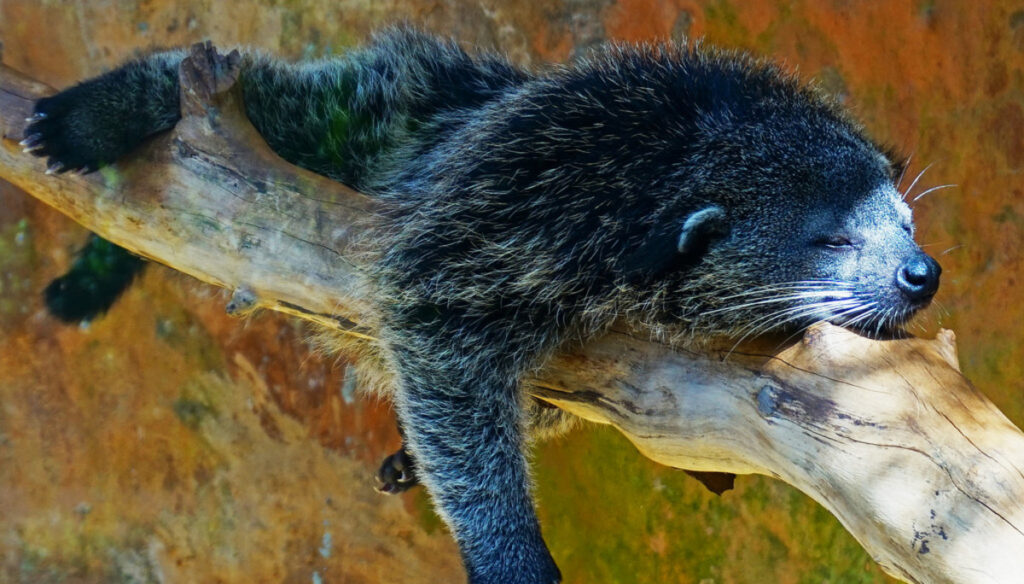
This image is property of images.saymedia-content.com.
Certain Types of Lizards
Certain types of lizards are legal to own in New York without a permit or license. This includes common pet lizard species such as bearded dragons and leopard geckos. However, it is important to note that there are restrictions and regulations for some species, such as the monitor lizard and iguana, which may require a special permit or license. Potential lizard owners should research the specific regulations for the desired species and ensure they can meet their care needs before bringing them home as pets.
Care and Handling Requirements for Reptiles
Reptiles have specific care and handling requirements that potential owners should be prepared to meet. These reptiles need appropriate enclosures with the proper temperature, humidity, and lighting conditions to replicate their natural habitat. They also require a balanced diet consisting of live or frozen prey, as well as regular veterinary care to ensure their health and well-being. Potential reptile owners should educate themselves on the specific needs of the reptile species they are interested in and be prepared to provide the necessary care and attention.
Special Licensing for Exotic Reptiles
Some reptile species in New York may require a special license or permit to own legally. This typically applies to larger or more dangerous reptiles that pose a potential risk to public safety. Potential owners should consult the New York State DEC to determine if a special permit is required for the desired reptile species. It is important to note that obtaining a special permit may involve additional fees, inspections, and strict regulations to ensure the safety and welfare of the animals and the community.
Legal Avian Pets in New York
New York allows the ownership of certain avian species as pets. These include parakeets and budgerigars, cockatiels, canaries, and macaws, along with other non-native parrot species. Owning birds can be a rewarding experience, but it is important to understand the specific requirements and responsibilities that come with their care.
Parakeets and Budgerigars
Parakeets and budgerigars, often referred to as budgies, are legal to own in New York without a permit or license. These small and colorful birds are popular choices for bird enthusiasts due to their playful nature and ability to mimic sounds. However, despite their small size, they require a significant commitment of time and attention to ensure their well-being.
Cockatiels
Cockatiels are legal to own in New York without a permit or license. These medium-sized birds are known for their charismatic personalities and unique crests. They are highly social and can form strong bonds with their owners, making them a popular choice for those looking for a feathered companion. Cockatiels need daily social interaction, mental stimulation, and a balanced diet to thrive in captivity.
Canaries
Canaries are legal to own in New York without a permit or license. These small songbirds are known for their beautiful melodies and vibrant plumage. Canaries are relatively low-maintenance pets but still require a suitable living environment, regular veterinary care, and a nutritious diet to ensure their well-being. Potential canary owners should research the specific care requirements to provide a comfortable and enriching environment for their pet.
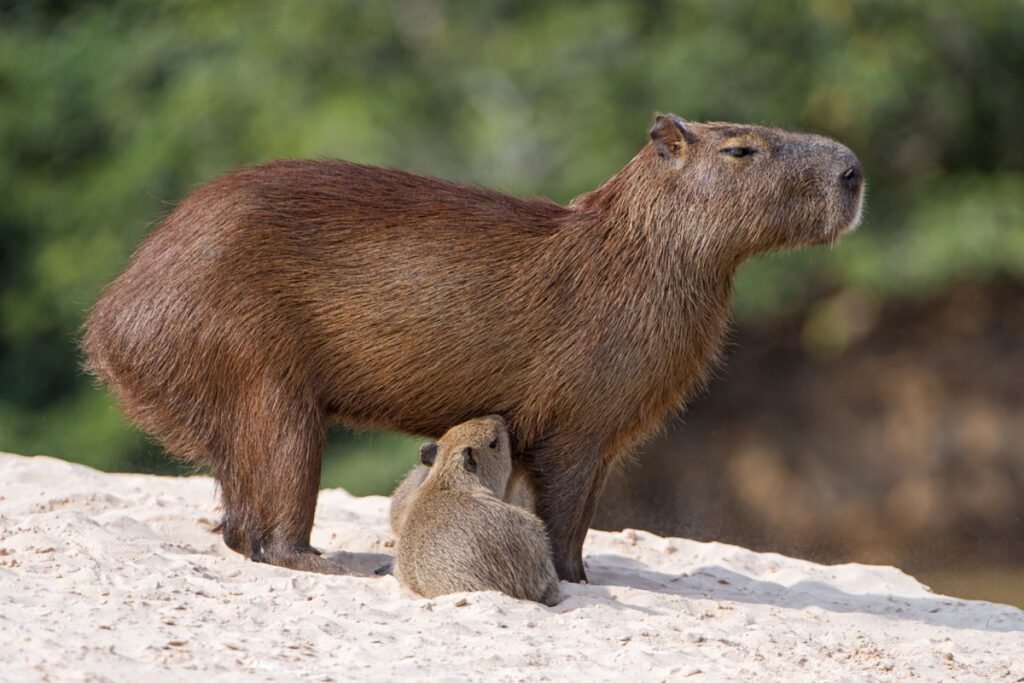
This image is property of images.saymedia-content.com.
Macaws and Other Non-Native Parrots
Macaws and other non-native parrot species are legal to own in New York, but they require specific care and attention due to their large size and complex needs. These intelligent and social birds require a significant commitment of time, space, and financial resources. Potential owners of macaws and other non-native parrots should thoroughly research their needs, including proper diet, enrichment activities, and socialization, to ensure they can provide a suitable and fulfilling life for these magnificent birds.
Care and Handling Requirements for Birds
Birds have unique care and handling requirements that potential owners should be aware of. They need spacious and secure enclosures that allow them to spread their wings and engage in natural behaviors. Birds also require a balanced diet that consists of a variety of fresh fruits, vegetables, and high-quality avian pellets. Regular veterinary check-ups, social interaction, and mental stimulation are vital for their well-being. Potential bird owners should be prepared to invest time, effort, and resources into their avian companions to ensure their happiness and longevity.
Legal Small Mammal Pets in New York
New York permits the ownership of certain small mammal species as pets. These include capybaras, hedgehogs, sugar gliders, and fennec foxes, among others. If you’re considering an exotic small mammal pet, it is important to understand the specific care requirements and regulations that come with owning these unique animals.
Capybaras
Capybaras are legal to own in New York, but they require a special license or permit due to their large size and specialized needs. These social and intelligent creatures are the largest rodents in the world and require spacious enclosures, proper nutrition, and access to water to thrive in captivity. Potential capybara owners should consult the New York State DEC to obtain the necessary permit and ensure they can provide the appropriate care and accommodations for these unique animals.
Hedgehogs
Hedgehogs are legal to own in New York without a permit or license. These small, spiky creatures have gained popularity as pets due to their unique appearance and low-maintenance care requirements. However, potential hedgehog owners should be aware that these animals have specific dietary, housing, and temperature needs. Providing a suitable and enriching environment for hedgehogs is essential for their overall well-being.
Sugar Gliders
Sugar gliders are legal to own in New York, but they require a special license or permit to ensure their welfare and proper care. These small marsupials are known for their ability to glide through the air and form strong social bonds. Sugar gliders have complex dietary, environmental, and social needs that potential owners must be prepared to meet. Obtaining a special permit involves educating oneself on their specific requirements and providing veterinarians with adequate knowledge and experience with sugar gliders.
Fennec Foxes
Fennec foxes are legal to own in New York, but they require a special license or permit due to their unique needs and potential risks. These small desert foxes are known for their large ears and inquisitive nature. Fennec foxes have specific dietary, housing, and enrichment requirements that potential owners must meet. It is crucial to consult the New York State DEC and research the necessary permits, regulations, and responsible ownership guidelines before considering a fennec fox as a pet.
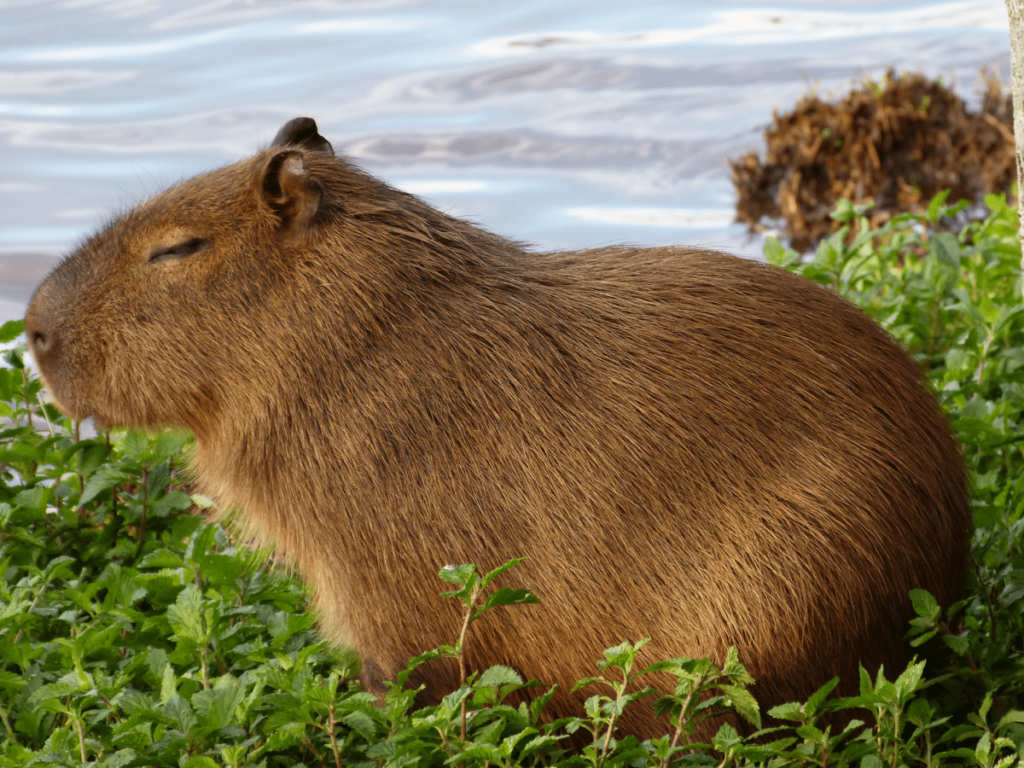
This image is property of images.saymedia-content.com.
Care and Handling Requirements for Small Mammals
Small mammals have specific care and handling requirements that potential owners must be prepared to meet. These animals need proper enclosures that provide adequate space, temperature control, and opportunities for exercise and stimulation. They also require appropriate diets tailored to their specific nutritional needs. Regular veterinary care, socialization, and mental enrichment are essential for their physical and mental well-being. Before bringing a small mammal into your home, it is important to thoroughly research their care needs and ensure you can provide the necessary environment and care.
Legal Amphibian Pets in New York
New York allows the ownership of certain amphibian species as pets. These include frogs, toads, salamanders, newts, and axolotls. While it is legal to own these amphibians in New York, it is important to understand the specific care requirements to ensure the well-being of these unique creatures.
Frogs and Toads
Frogs and toads are legal to own in New York without a permit or license. These amphibians come in various sizes, shapes, and colors, making them fascinating pets for enthusiasts. Frogs and toads require specific habitats that mimic their natural environments, including proper temperature, humidity, and water conditions. They also have specific dietary needs and may require live prey. It is important to thoroughly research the specific species’ requirements before bringing them home.
Salamanders and Newts
Salamanders and newts are legal to own in New York without a permit or license. These amphibians can be captivating pets, but they have specific care requirements that need to be met. Salamanders and newts require appropriate housing with a suitable substrate, as well as temperature and humidity control. They also require a varied diet that includes live or frozen prey and should receive regular veterinary check-ups to ensure their health.
Axolotls
Axolotls are legal to own in New York without a permit or license. These unique aquatic creatures are known for their regenerative capabilities and distinctive appearance. Axolotls require specialized care, including a suitable aquarium with proper filtration, water parameters, and hiding places. They have specific dietary needs and should receive regular monitoring to maintain their health. Potential axolotl owners should research their care requirements extensively to provide the necessary environment and care for these fascinating creatures.
Care and Handling Requirements for Amphibians
Amphibians have specific care and handling requirements that potential owners should be prepared to meet. These animals require proper housing that replicates their natural habitats, which includes appropriate temperature, humidity, and water conditions. Amphibians also require a balanced diet consisting of live or frozen prey and regular veterinary check-ups to ensure their health and well-being. Thorough research and understanding of the specific species’ needs are essential for providing the necessary care and creating a suitable environment for amphibian pets.
Legal Insect Pets in New York
New York permits the ownership of certain insects as pets. While insects may not be a traditional choice for most pet owners, they can still be fascinating creatures to observe and care for. However, it is important to understand the specific care requirements and responsibilities that come with owning insects.
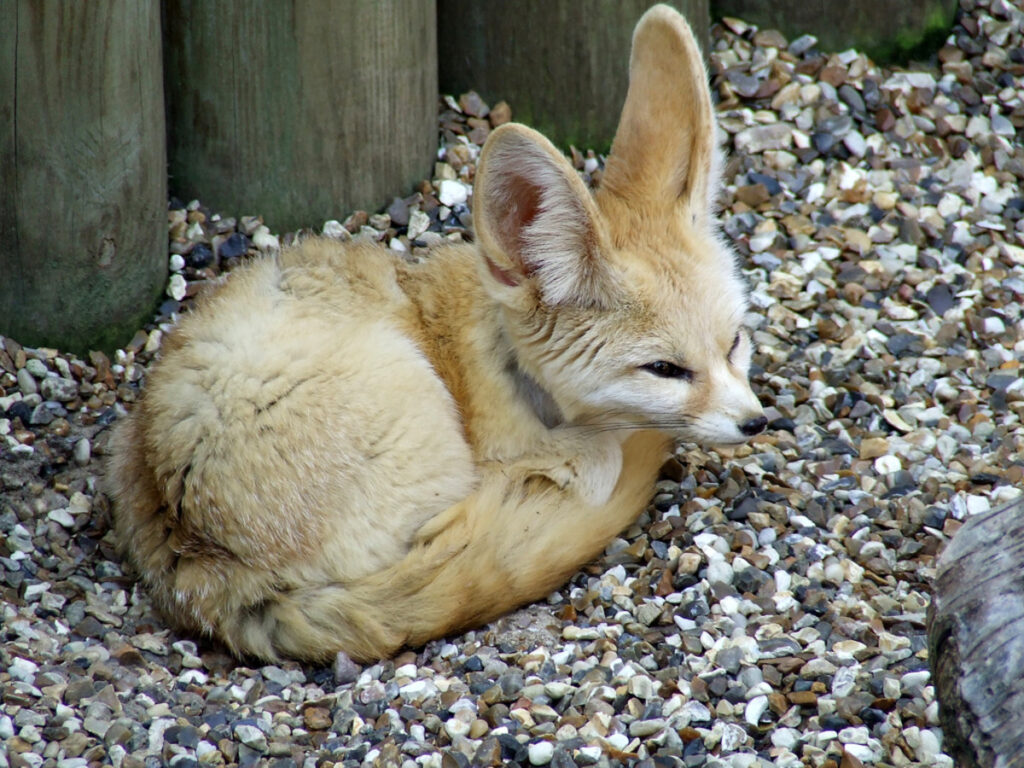
This image is property of images.saymedia-content.com.
Praying Mantis
Praying mantises are legal to own in New York without a permit or license. These remarkable insects are known for their distinctive appearance and hunting skills. Praying mantises require a suitable enclosure with appropriate humidity and temperature levels. They have specific dietary needs, primarily consisting of live insects. Potential praying mantis owners should research their specific requirements to provide a suitable habitat and a proper diet for these captivating creatures.
Stick Insects
Stick insects, also known as walking sticks, are legal to own in New York without a permit or license. These fascinating creatures resemble twigs, making them excellent at camouflage. Stick insects require a properly sized enclosure with appropriate humidity and temperature levels. They primarily feed on fresh vegetation, and their diet may vary depending on the specific species. Proper research is necessary to ensure a suitable environment and diet for stick insects.
Hisser Cockroaches
Hisser cockroaches, also known as Madagascar hissing cockroaches, are legal to own in New York without a permit or license. These large and intriguing insects are known for their distinctive hissing sound and docile nature. Hisser cockroaches require a properly sized enclosure with appropriate temperature and humidity levels. They have a relatively simple diet, primarily consisting of fresh fruits and vegetables. Potential hisser cockroach owners should ensure a suitable habitat and diet for these unique insects.
Tarantulas
Tarantulas are legal to own in New York without a permit or license. These large and hairy spiders have captivated the fascination of many enthusiasts. Tarantulas require a suitable terrarium with the proper substrate, hiding places, and temperature and humidity levels. They are carnivorous and primarily feed on live insects. Potential tarantula owners should thoroughly research the specific species to understand its specific care requirements and ensure a safe and suitable environment for these intriguing creatures.
Care and Handling Requirements for Insects
Insects have specific care and handling requirements that potential owners should understand and be prepared to meet. Proper housing with appropriate temperature, humidity, and substrate is essential to create a suitable environment for insects. They also require specific diets that may consist of live or fresh plant material. Regular monitoring, cleaning, and maintenance of their enclosures are necessary for their well-being. Potential insect owners should research the specific requirements of the chosen species to ensure they can provide the necessary care and accommodations.
Exotic Pets that Require Special Permits
Certain exotic pets require special permits or licenses in New York to ensure their welfare and the safety of the community. These animals are often larger or have specific needs that require additional oversight and regulation. It is essential for those interested in owning these exotic pets to understand the permit process and the responsibilities that come with it.
Bats
Bats are considered exotic pets that require a special permit to own in New York. Due to the associated risks and potential for harm, the ownership of bats is heavily regulated. Bats have specific dietary, housing, and care requirements that are important to meet to ensure their well-being. Potential bat owners should consult the New York State DEC for the necessary permit information and guidelines before considering bat ownership.
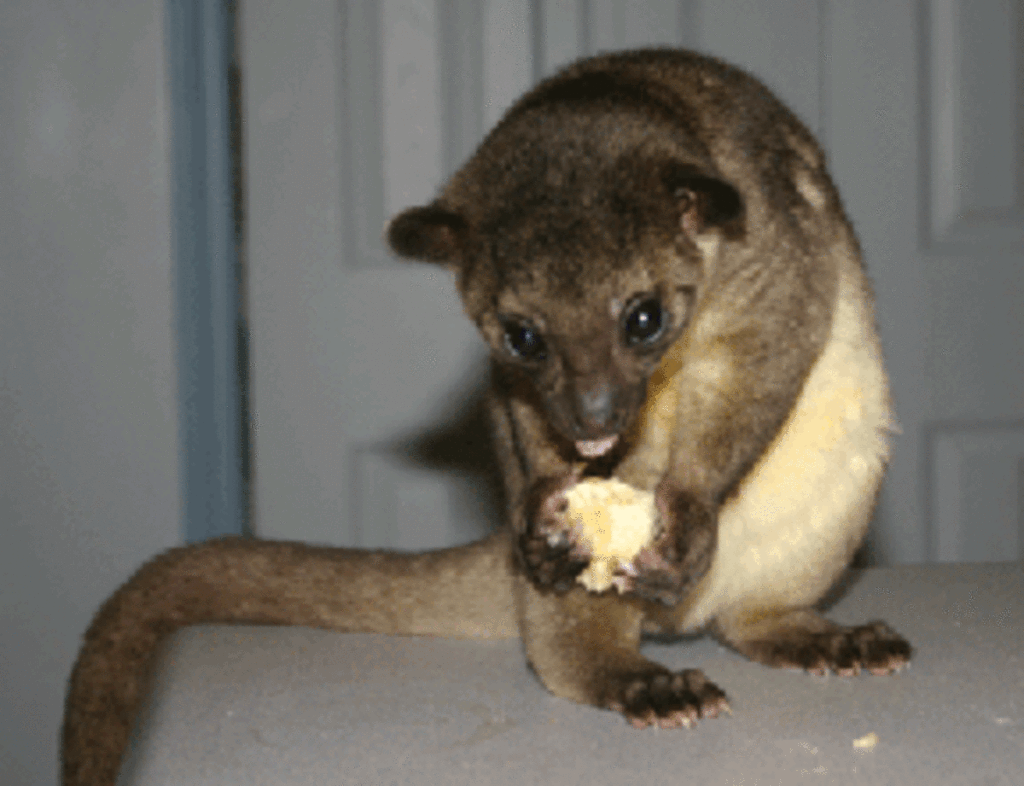
This image is property of images.saymedia-content.com.
Owls and Other Birds of Prey
Owls and other birds of prey are classified as exotic pets that require a special permit in New York. These magnificent birds are highly regulated due to their specialized needs and conservation status. Owning an owl or bird of prey requires significant knowledge, experience, and resources to provide the proper environment and care. Potential owners should consult the New York State DEC and understand the strict guidelines and requirements for obtaining a special permit for these animals.
Certain Types of Wild Cats
Certain types of wild cats, including species like servals and caracals, are considered exotic pets that require a special permit in New York. These animals have specific requirements and unique needs that necessitate regulatory oversight. Ownership of wild cats is highly regulated to protect both the animals and the public. Potential owners of wild cats should consult the New York State DEC and engage in thorough research to understand the legal process and responsibilities associated with owning these animals.
Acquiring a Special Permit
To acquire a special permit for an exotic pet that requires one in New York, individuals must follow specific procedures set forth by the regulating authorities. This typically involves submitting an application with detailed information about the intended species, the applicant’s experience and qualifications, and the proposed housing and care arrangements for the animal. Depending on the type of exotic pet and its associated risks, additional requirements may include inspections, fees, and proof of insurance. It is important to consult the relevant agency and thoroughly understand the requirements before proceeding with an application.
Ensuring Welfare of Exotic Animals with Permits
Owners of exotic pets with special permits have a heightened responsibility to ensure the welfare and well-being of their animals. This includes providing suitable enclosures, proper nutrition, veterinary care, and mental enrichment. Permit holders must adhere to the specific guidelines set forth by the regulating authorities and maintain compliance with the law. Regular inspections may occur to ensure the animals’ welfare and to ensure that the owner is meeting all the requirements outlined in the permit.
Prohibited Exotic Pets in New York
New York has strict regulations regarding certain exotic pets that are prohibited from being owned or kept within the state. These animals pose potential risks to public safety, the environment, or their own well-being. It is important to be aware of these prohibited species to avoid legal consequences and to prioritize the welfare of the animals.
Big Cats
Big cats, including lions, tigers, cheetahs, and leopards, are strictly prohibited from being owned as pets in New York. These large and powerful predators have complex needs and require specialized care and accommodations that cannot be provided in a domestic setting. The possession of big cats is illegal due to the significant risks they pose to public safety and the challenges associated with their well-being.
Venomous Reptiles
Venomous reptiles, including venomous snakes, are prohibited from being owned without a special permit in New York. These reptiles possess potent venom that can be dangerous or deadly. The risks associated with venomous reptiles make their ownership heavily regulated and closely monitored. It is illegal to possess venomous reptiles without the appropriate permit and can result in severe consequences.
Certain Types of Primates
Certain types of primates, such as chimpanzees and monkeys, are prohibited from being owned as pets in New York. Primates have complex social structures, cognitive abilities, and specific needs that cannot be adequately met in a domestic setting. These animals often require highly specialized care, space, and enrichment that are nearly impossible to provide outside of professional primate sanctuaries or zoological facilities.
Violations and Consequences
Violating New York’s exotic pet laws can lead to serious consequences. Penalties for illegal possession of exotic pets may include fines, confiscation of the animal, and potential criminal charges. It is essential to familiarize yourself with the specific regulations and guidelines surrounding exotic pet ownership and ensure compliance to avoid any legal issues. The welfare and well-being of the animals should always be a priority, and responsible ownership involves adhering to the laws in place.
Responsible Ownership and Exotic Pets
Responsible ownership of exotic pets involves understanding the inherent challenges and commitments associated with their care. Exotic pets have unique needs, including specialized housing, diet, temperature requirements, and socialization. Potential owners should thoroughly research and educate themselves on the specific needs of the desired exotic pet before bringing one into their home. Responsible ownership also includes being prepared for the financial cost of caring for an exotic pet, which can include expenses for proper habitat setup, veterinary care, and ongoing supplies.
Understanding the Challenges of Exotic Pets
Exotic pets present various challenges that potential owners should understand and be prepared to face. These challenges can include finding knowledgeable veterinarians, sourcing appropriate food, providing suitable habitat and enrichment, and ensuring the animal’s physical and mental well-being. Exotic pets may also require additional permits, licenses, or specialized training to properly care for them. It is crucial to consider these challenges before acquiring an exotic pet and to ensure you can meet the unique needs of these animals throughout their lifespan.
Commitment to the Life Span of Exotic Pets
Exotic pets often have long lifespans compared to traditional pets, and potential owners must commit to providing for their needs throughout their entire lives. Many species of exotic pets can live for several decades or even longer, and it is essential to be prepared for the long-term responsibility and care required. Potential owners should consider their lifestyle, future plans, and ability to provide consistent care and attention before deciding to bring an exotic pet into their home.
Proper Training and Habitat for Exotic Pets
Proper training and habitat setup are critical components of responsible ownership for exotic pets. Owners must be knowledgeable about the specific care requirements, behavior, and natural instincts of their exotic pets to provide a suitable environment. Training, socialization, and mental enrichment are crucial for promoting the physical and mental well-being of these animals in captivity. It is important to provide adequate space, appropriate substrates, temperature control, and regular veterinary care to ensure the health and happiness of exotic pets.
Financial Cost of Caring for Exotic Pets
Owning an exotic pet can come with significant financial costs. These costs include initial setup expenses for proper enclosures, heating, lighting, and other equipment, as well as ongoing costs for food, veterinary care, and other supplies. Owners should be prepared to budget for these expenses throughout the lifespan of the exotic pet, taking into account potential unexpected veterinary bills or other unforeseen costs. It is important to consider the financial aspect of exotic pet ownership and ensure that you can comfortably afford to provide for the animal’s needs.
Adoption Options and Rescue Centers for Exotic Pets
Adoption and rescue centers play a crucial role in providing homes for exotic pets in need and educating potential owners about responsible ownership. These organizations often specialize in caring for and rehoming exotic pets that have been abandoned, surrendered, or rescued from various situations. They can provide valuable resources, guidance, and support for individuals interested in adopting an exotic pet. Adoption allows potential owners to provide a loving home for an animal that needs care and protection, and it can be a rewarding experience to be part of a rescue animal’s success story.
Exotic Pet Rescue Organizations
Exotic pet rescue organizations are dedicated to rescuing, rehabilitating, and rehoming exotic pets in need. These organizations often have experienced staff and volunteers who can assess the needs of rescued animals and provide proper care while they await adoption. They work closely with potential adopters to ensure the exotic pet is matched with a suitable and responsible owner. Adopting from a reputable rescue organization can provide a second chance for exotic pets and support the important work of animal welfare.
Restricted Exotic Pets Adoption
Restricted exotic pet adoption refers to the adoption of exotic pets that require special permits or licenses. These animals may have specific care requirements or pose potential risks, requiring additional oversight and regulation. Restricted exotic pet adoption involves ensuring that potential adopters meet the necessary criteria and have the knowledge, experience, and resources to provide for the animal’s needs. It is important to work with reputable organizations that prioritize the welfare of the exotic pets and follow the proper adoption procedures.
Importance of Support for Abandoned Exotic Pets
Abandoned exotic pets require immediate attention and support from dedicated rescue organizations. These animals often face unique challenges due to their specialized needs, along with potential health or behavioral issues resulting from neglect or inadequate care. Support from the community, including donations, volunteers, and responsible adoption, is crucial in providing these abandoned pets with a chance to live happy and fulfilling lives. By providing support to rescue organizations, individuals can play a significant role in improving the situation for abandoned exotic pets and raising awareness of responsible ownership.
Success Stories of Exotic Pet Adoption
Success stories of exotic pet adoption highlight the positive outcomes that arise when responsible ownership and proper care are provided to these animals. Many exotic pets have found loving homes through adoption and are now thriving in environments that meet their specific needs. These success stories emphasize the importance of research, education, and commitment to the animals’ well-being. They also serve as inspiration for potential owners to consider adoption as a viable option for acquiring an exotic pet and making a positive impact on their lives.






